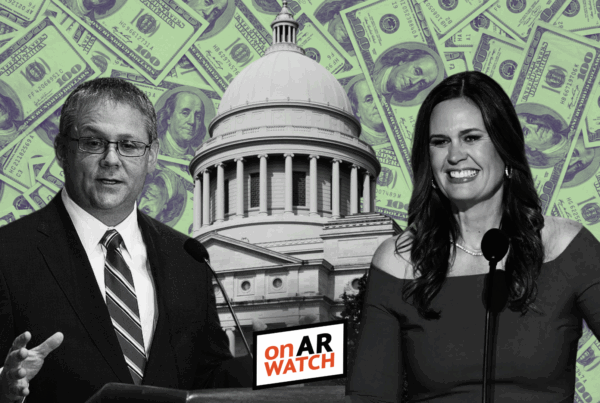The Arkansas Department of Education lowered disability standards for its EFA applications, allowing private school families to use LEARNS vouchers up to two years early.
- Nearly half of all students accessing LEARNS vouchers for the 2023-2024 school year received approval on the basis of disability
- LEARNS Administrative Rules say that disability-based approval should use standards from the federal Individuals with Disabilities Education Act (IDEA)
- Students were approved for 2023-2024 LEARNS disability vouchers with as little documentation as a doctor’s note
- Year 1 of LEARNS is intended for kids with disabilities, low income families, those in foster care, first time kindergartners, unhoused students, and children of active duty military
- ADE’s standard means private school kids are cutting line for vouchers instead of waiting their turn
Ninety-five percent of the 4,975 students who are receiving LEARNS vouchers did not attend public school last year.
Forty-four percent of the students receiving LEARNS vouchers qualify on the basis of disability.
Some have framed this as a win for students with disabilities. However, documents On AR Watch obtained through the Freedom of Information Act suggest ADE’s verification of disability status is misaligned with Arkansas law.
Verifying Disability
The emails and portal excerpts below were sent from the Department of Education to parents applying for a LEARNS voucher for their child. In one email, ADE tells a parent that in order to qualify under disability, the parent must provide proof of a diagnosis with one of the following:
- The results of test done by the school district;
- An Individualized Education Plan, or IEP (a legal document outlining all special education and related services a child received in public school);
- A 504 plan (another legal document similar to an IEP); or
- A doctor’s note stating the child has a qualifying diagnosis.
There is a lot to unpack here.
The first three options in the emails seem to align with the standards of IDEA law. District test results, 504 plans, and IEPs are documents resulting in the process of determining whether a child’s disability makes them eligible for services in a public school setting.
Option 4, providing a simple doctor’s note, is a much lower standard than the other options. It’s fair to assume a doctor’s note is the documentation most of the new disability-based EFA recipients used. Since nearly all EFA recipients did not attend public school last year, they would not have had access to district testing or IEP documentation.
Skirting standards to help line cutters
Other emails provided through our FOIA request show that some students may have been given LEARNS vouchers based on disability without providing any of these official documents.
Some private schools have their own way of addressing students who need extra help. These are usually remedial plans to offer tutoring or other something similar. Often these plans are called an “academic achievement plan,” “directive service plan, or “individualized service plan” like what the parent in the email below mentions.
There is no such thing as the “private school equivalent” to an IEP or a 504, but it seems these unregulated, inconsistent documents were accepted as proof of disability.
Let’s look at another thread between ADE and a parent just last month.
The parent applied for an EFA based on their child’s eye condition. ADE emailed them explaining this is not a qualifying condition, and asked for an IEP or 504 plan.
The parent responds that they have neither and explains that there is a chance her daughter has dyslexia. She attached an evaluation from what appears to be a speech therapy agency.
The parent received a reply the same day approving the disability EFA.
Approval seems to have been granted based on this paperwork that in no way fulfills the requirements set forth by IDEA standards.
Another from the documents we obtained is found below. A parent inquires about the status of their child’s application.
ADE responds by telling them that their application was denied because they applied under an anxiety diagnosis, and anxiety is not one of the diagnoses that qualify under IDEA law.
The ADE team then tells the parent to consider whether their child has any “additional disabilities that run concurrent with the anxiety” such as ADD or ADHD. Then says to resubmit with that documentation.
On another equally awful note, we obtained an email from one parent to ADE that mentions 2 of the 4 private schools she called would not admit her child with a disability. Discrimination before our eyes.
Here is the bottom line: Students with disabilities have been under-resourced in Arkansas for decades. That problem is not solved through vouchers, and the recent ADE report and the documents above prove this fact.
Almost half of all LEARNS students were approved for vouchers on ADE’s basis of disability.
Remember— these applications are not for services to help the child access their education, like what IDEA provides.These LEARNS vouchers largely went to families whose kids likely attended private school already; the parents had to only provide a doctor’s note to get their $6,600 private-school coupon.
Parents of kids in public school, and the teachers and therapists who work with them, have to obtain weeks of data and spend thousands of dollars on testing in order for a child to receive the services they need. Such standards are found in IDEA law. Supposedly, similar standards were to be used for this first year of voucher applicants who sought EFAs based on disabilities. This did not happen.
These students’ unique educational needs are not further met by a $6,600 voucher for tuition. They could, however, be met in a well-funded public school that is willing to invest in students whose educational needs are different from typical peers.
The message “LEARNS is helping kids with disabilities” is a lie
With the simple numbers provided by ADE, LEARNS looks like it’s helping students with disabilities. The more easily the Sanders administration makes it for parents to show eligibility, the more easily they can spin LEARNS as good policy.
But LEARNS is not good policy, and it is not helping the students who need it the most. The students who cut in line for vouchers now would have received them in a few years no matter what, based on the plan LEARNS put forward. They were allowed to jump the line to make Sarah Sanders look good. Meanwhile, the rest of the state, and the vast majority of students with disabilities, are relegated to even poorer schools with less support from the state.





